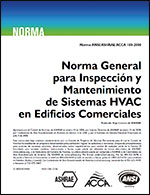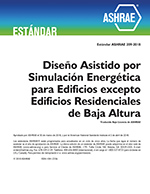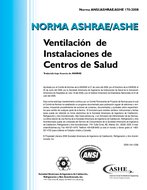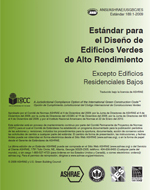Description
Tests were conducted in an unoccupied research house to quantify the effects of return ductwork modifications on heating and cooling performance of a variable-speed gas heat pump (GHP). The original return duct system, consisting in most rooms of floor-level returns connected to uninsulated sheet metal ducts in the basement, was returning air at around 70 deg.F in cooling. An insulated central return duct was installed, and four return system configurations were tested during two cooling seasons and one heating season. (1) uninsulated, distribution system with low returns (2) distributed system with sheet metal extensions to provide high returns (3) insulated, central return duct system with low return (4) insulated, central return duct system with high return. Energy consumption, heating and cooling output, and space condition data were collected on an hourly basis. The effects of the return duct system options were isolated using multiple linear regression. The return duct system changes had no significant effects on the heating performance of the GHP. The modifications provided substantial reductions in energy consumption during the cooling season. Cooling season energy savings of up to 21% of the gas consumption and 17% of the electricity consumption were predicted for a typical year in Chicago.
KEYWORDS: heat pumps, gas engine heat pumps, performance, housing, USA, ducts, heating, space heating, cooling, thermal insulation, variable speed motors, energy consumption, cooling season, gas consumption, electricity consumption.
Citation: Symposium, ASHRAE Transactions 1993, Vol.99, pt.1
Product Details
- Published:
- 1993
- Number of Pages:
- 10
- File Size:
- 1 file , 1 MB
- Product Code(s):
- D-18285




